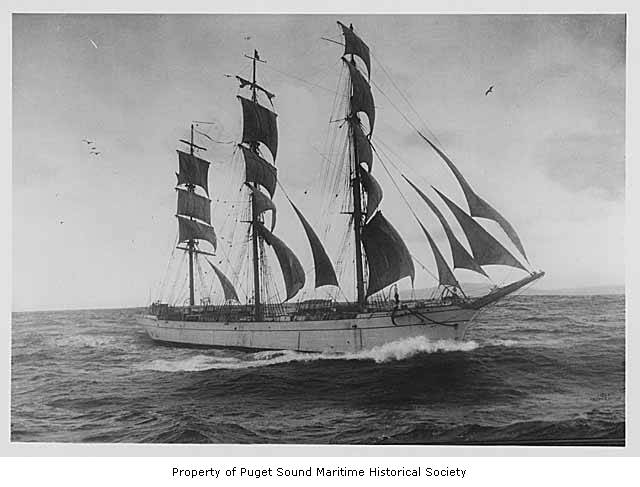Ok try again.
People speak of a “good display of seamanship” or lament the decline of seamanship. What does the word seamanship mean?
Here are some of definitions of seamanship found with google.
The first one, the meaning can be as narrow as skill in navigatiing.
Skill in navigating or managing a boat or ship.
This one expands to add knowledge which covers far more ground then skill. Also expands to mantaining.
skill in and knowledge of the work of navigating,maintaining, and operating a vessel
l
The last one is similar to the second but adds management and safety.
knowledge and skill pertaining to the operation,navigation, management, safety, and maintenance of a ship.
-
-
- Updated - - -
-
This one was interesting
[QUOTE=78BM98;163016]My own definition:
An art and a skill learned through practice which encompasses everything from a single person properly mooring a small boat to teams of maritime personnel including pilots, tugs, ship crews, rig crews and dock hands completing any maritime evolution in a safe and professional manner.[/QUOTE]
-
-
- Updated - - -
-
Thought this was good.
[QUOTE=anchorman;163032]Seamanship - The practical application of learned skills, from a combination of experience and technical knowledge, in regard to the safe operation of a vessel.
“safe operation of a vessel” is just as broad as the term “seamanship”[/QUOTE]

